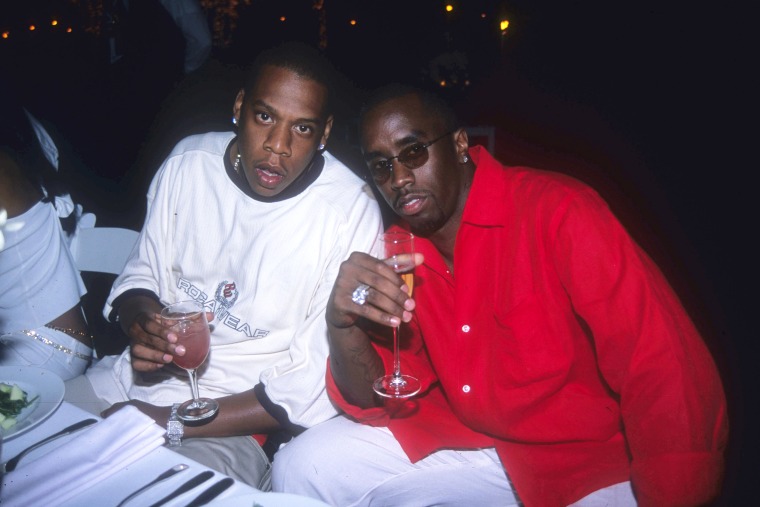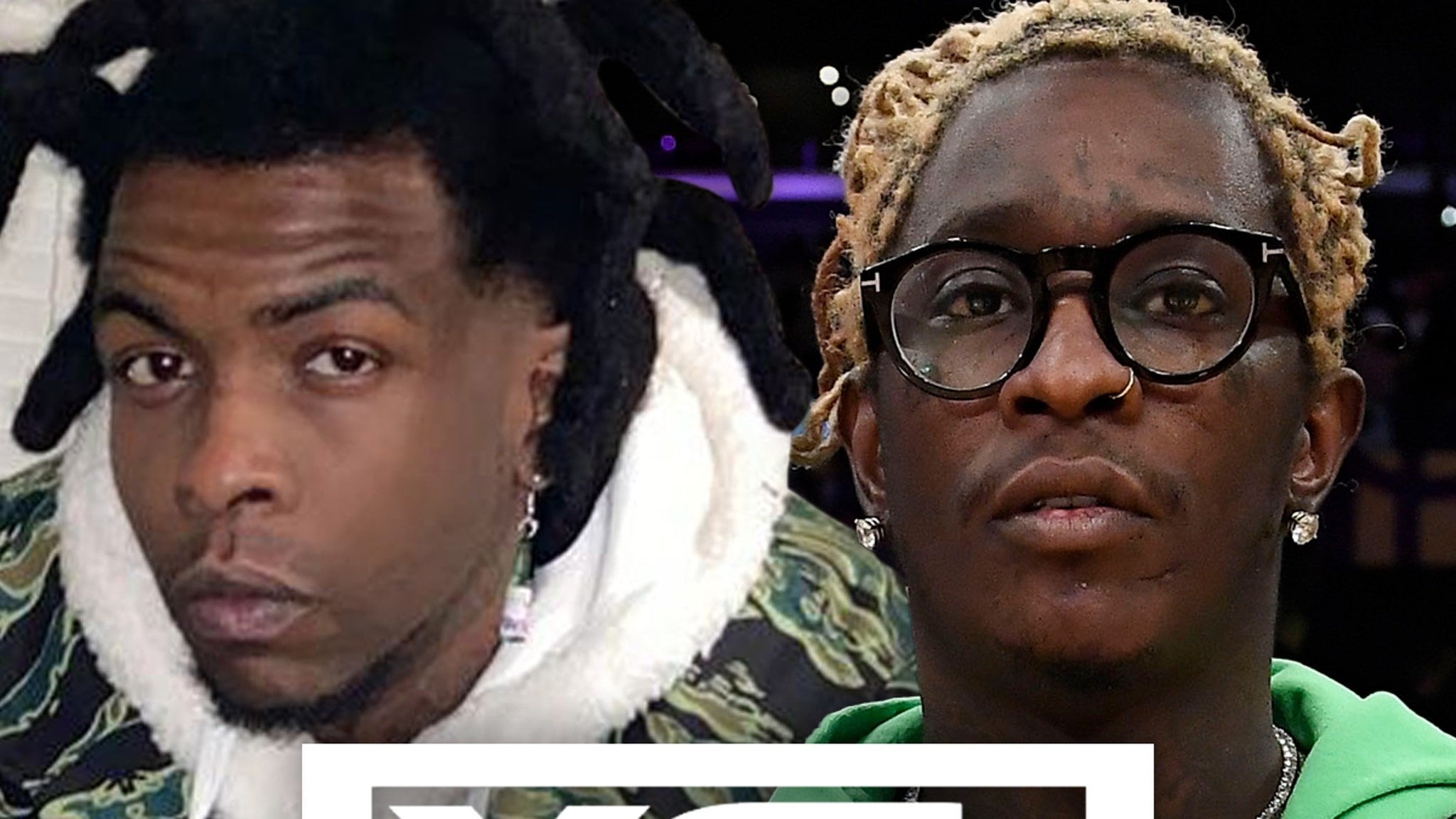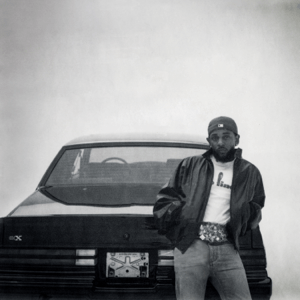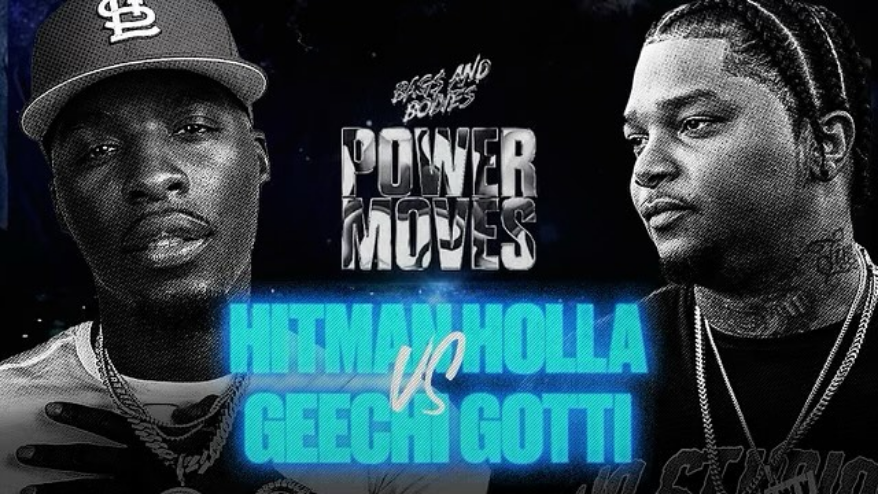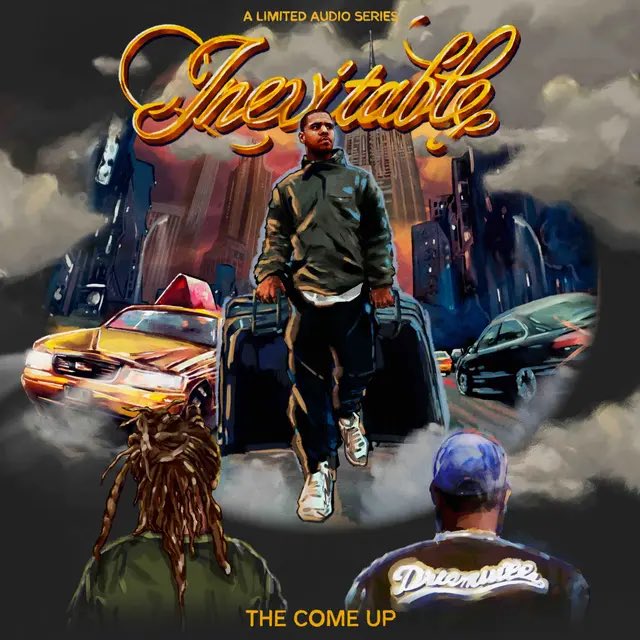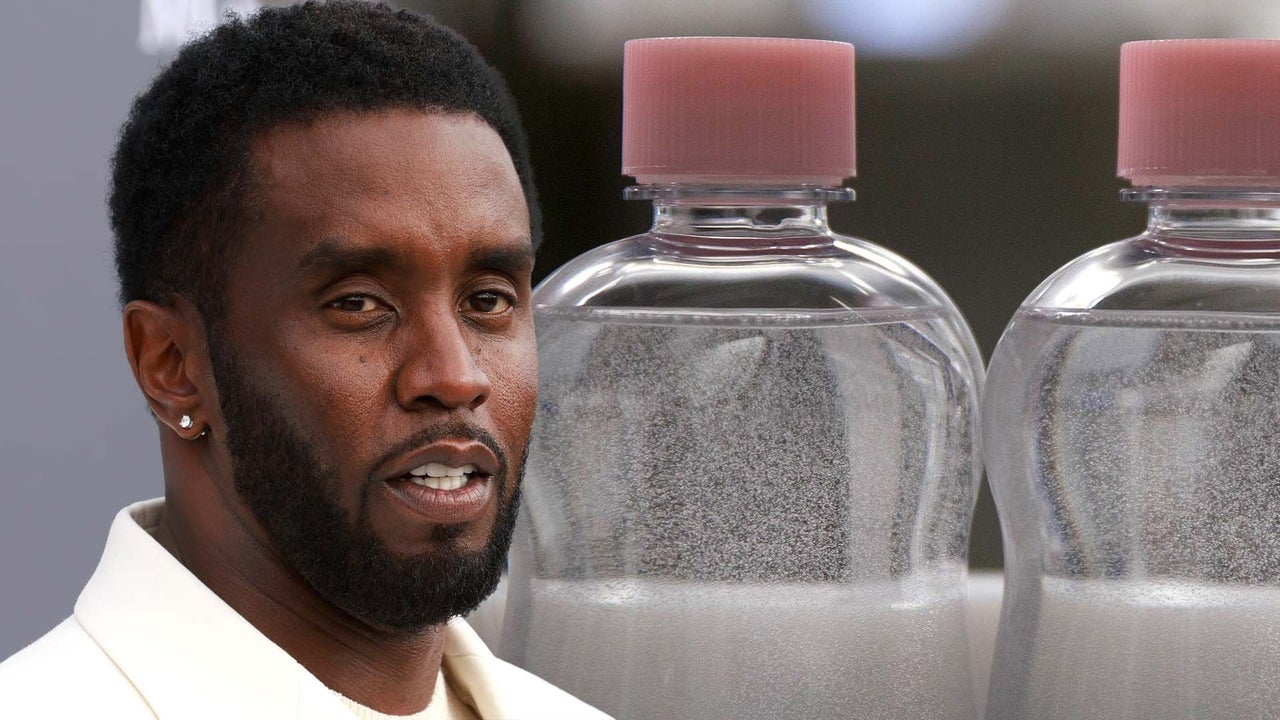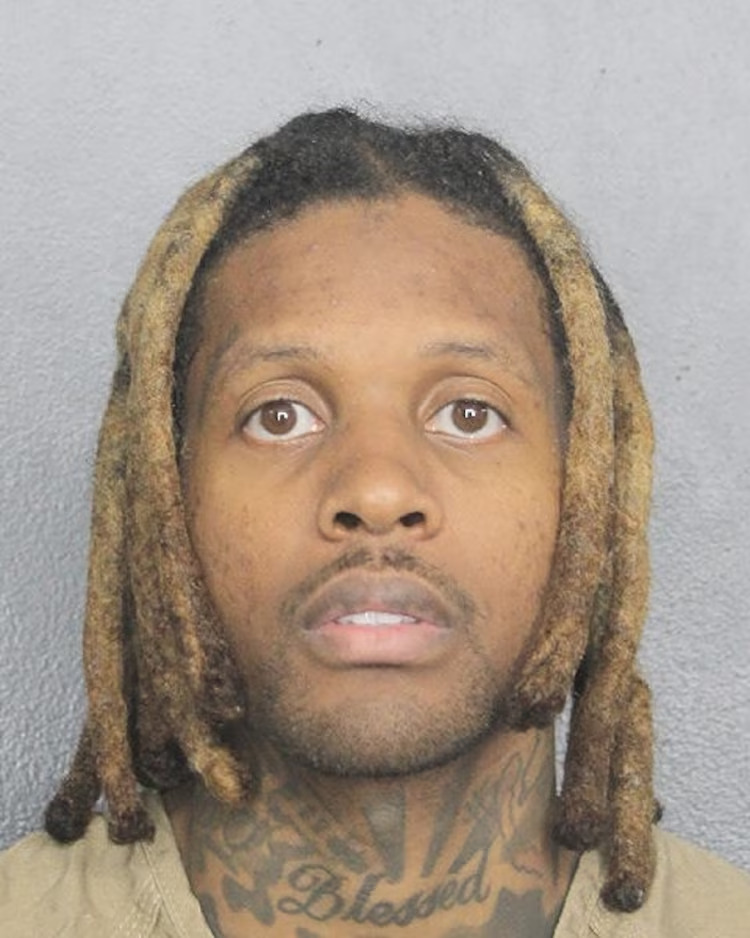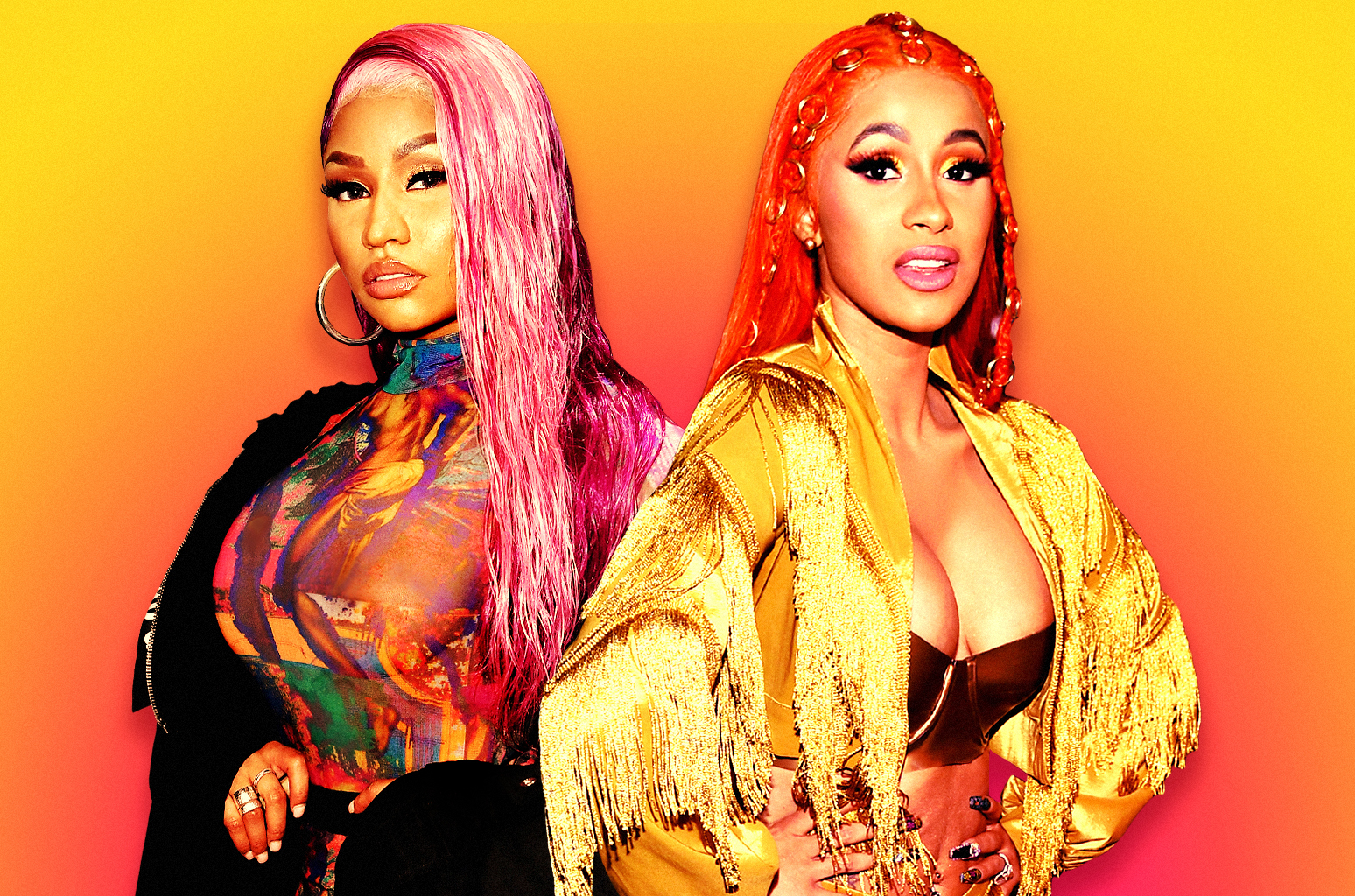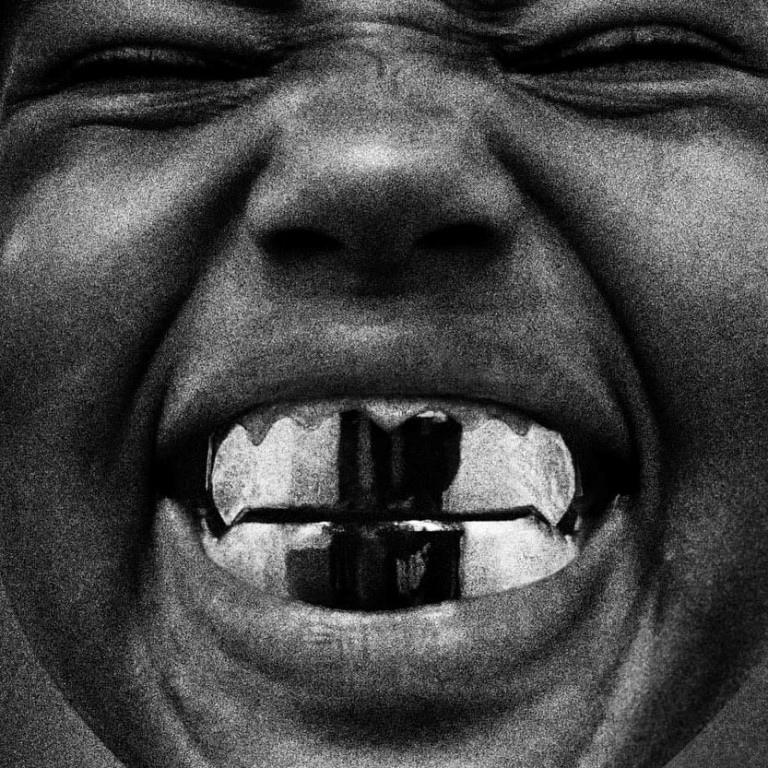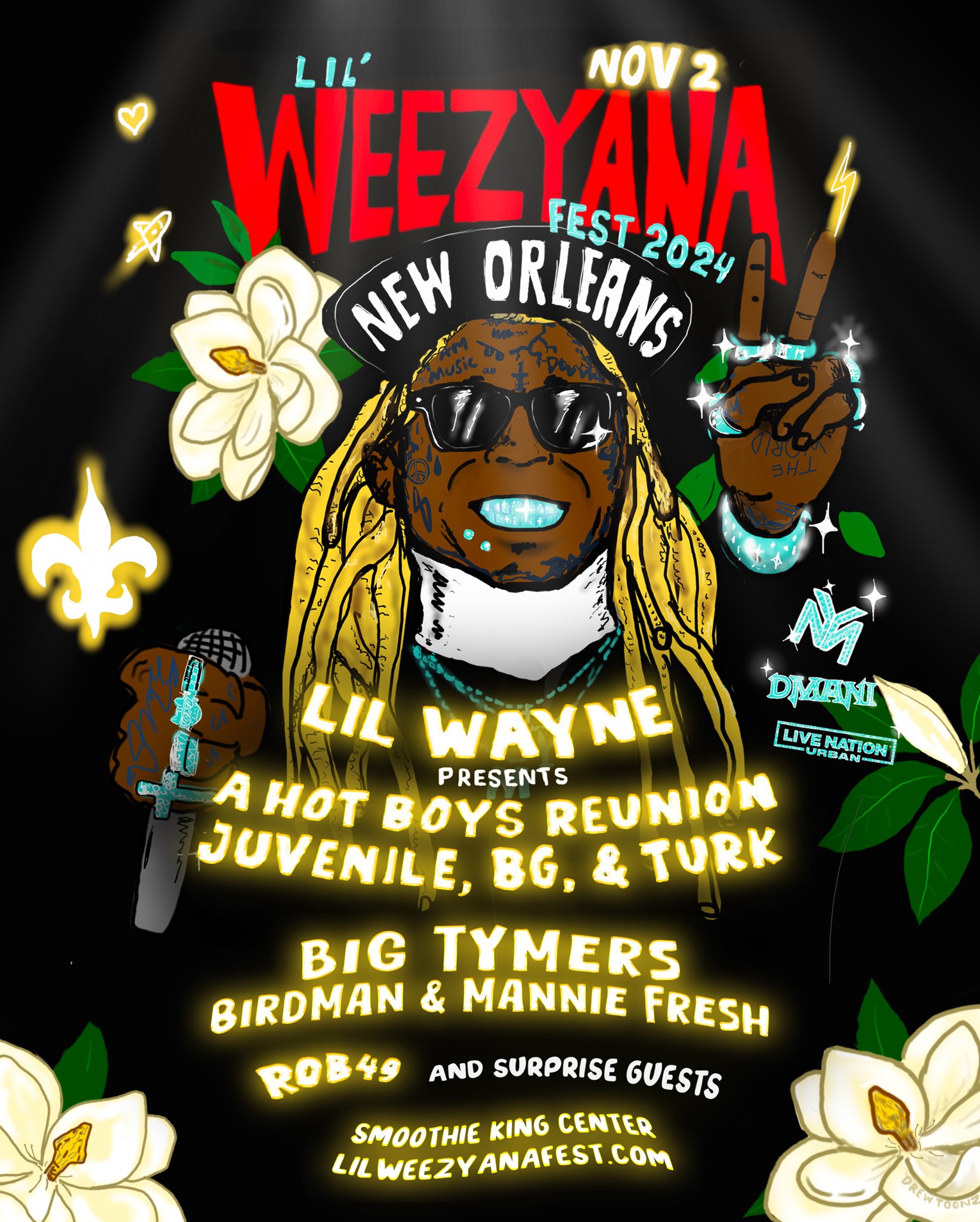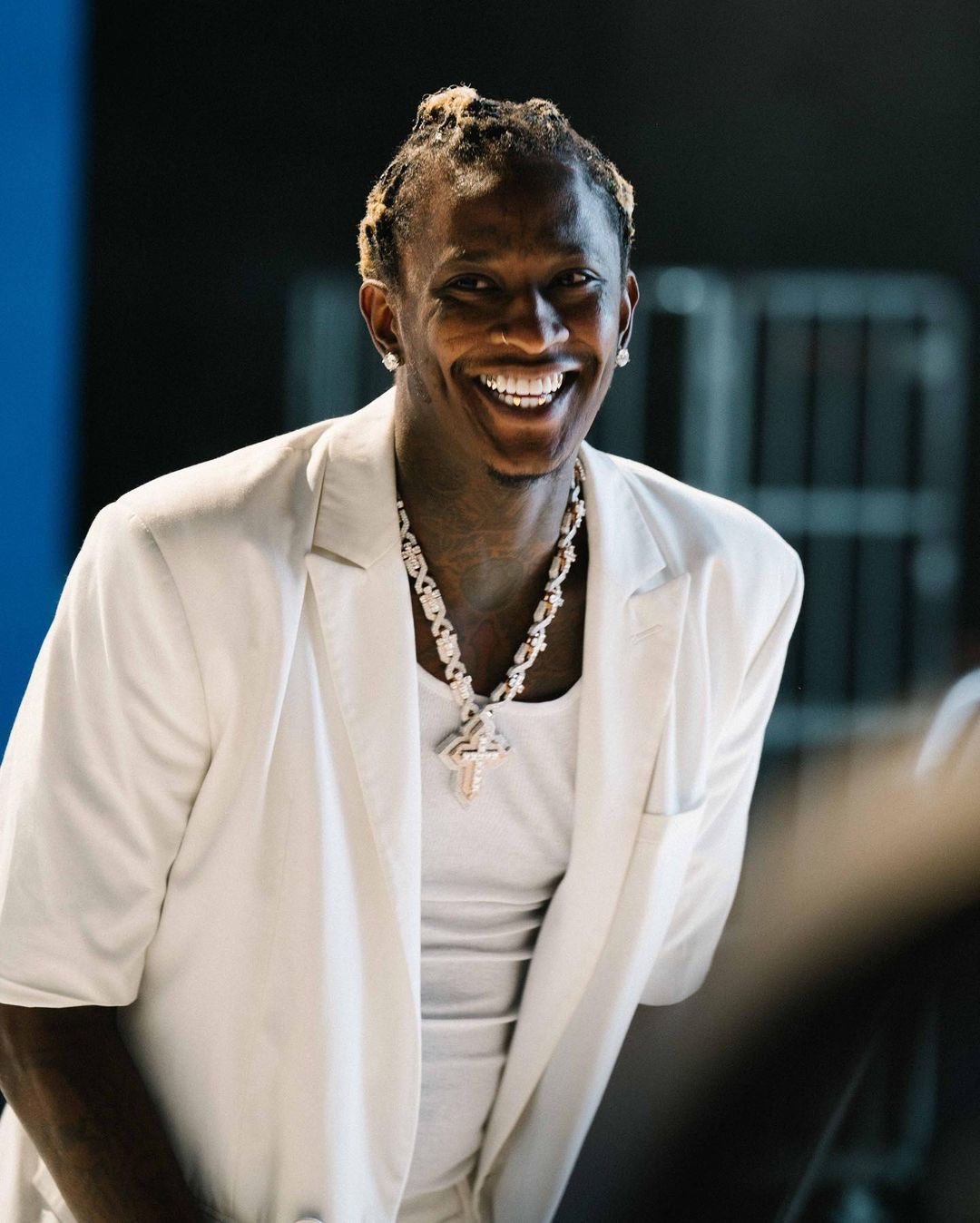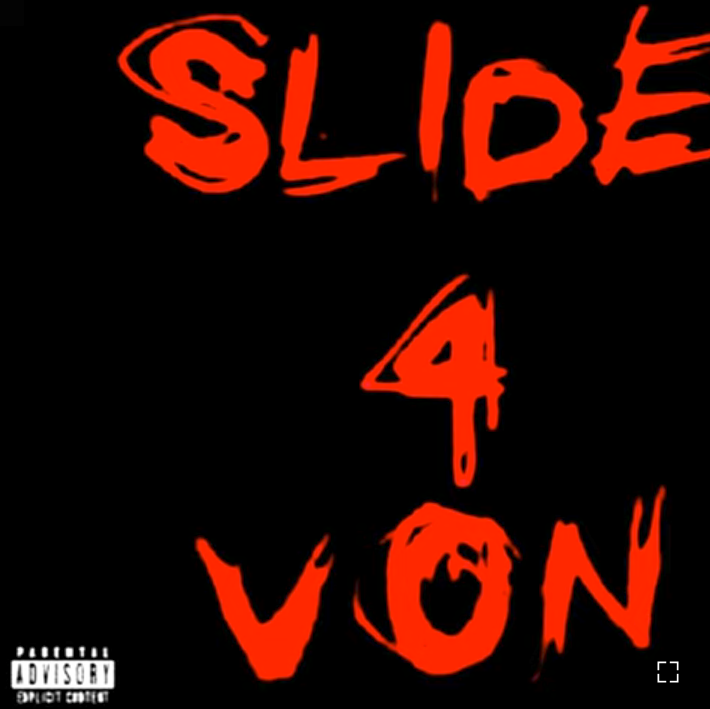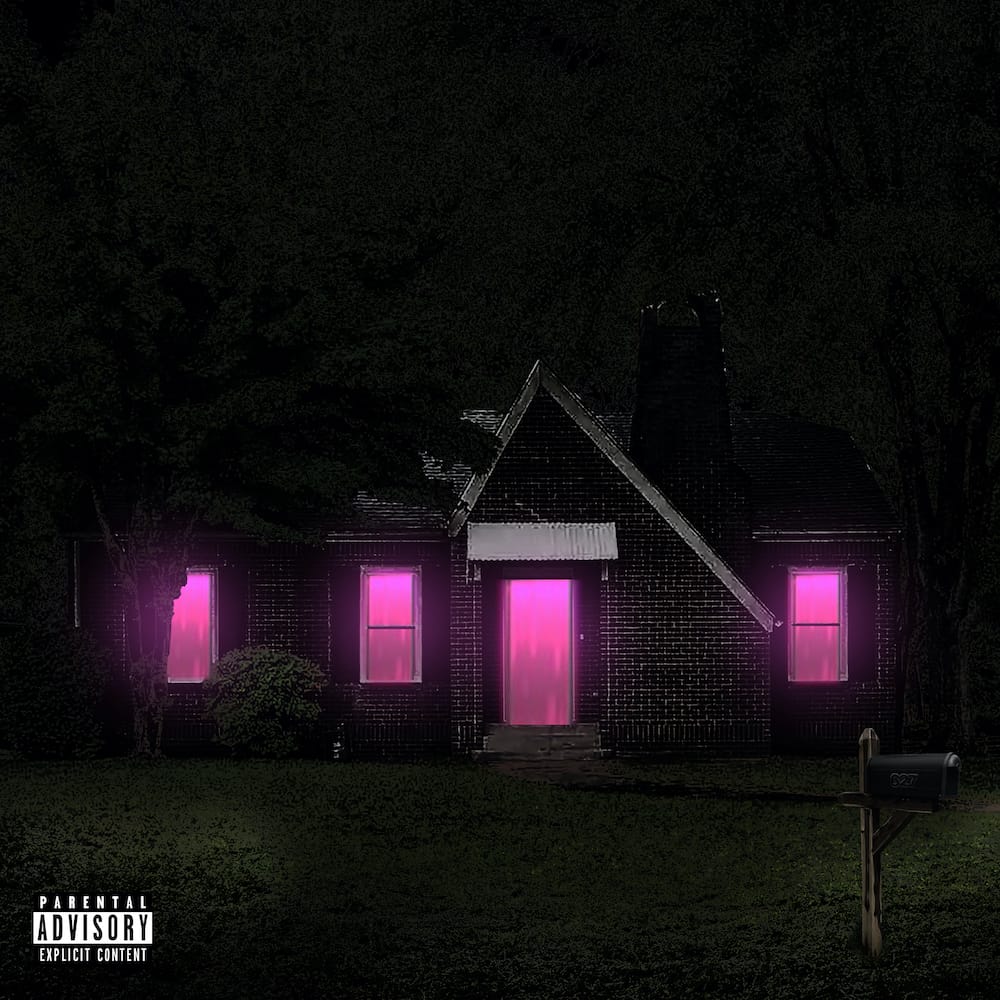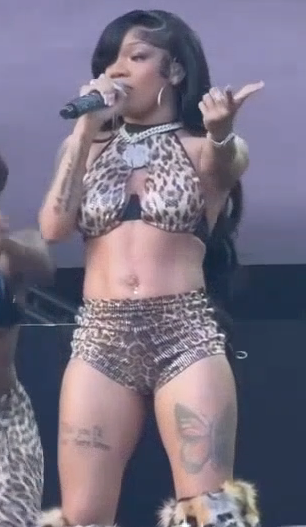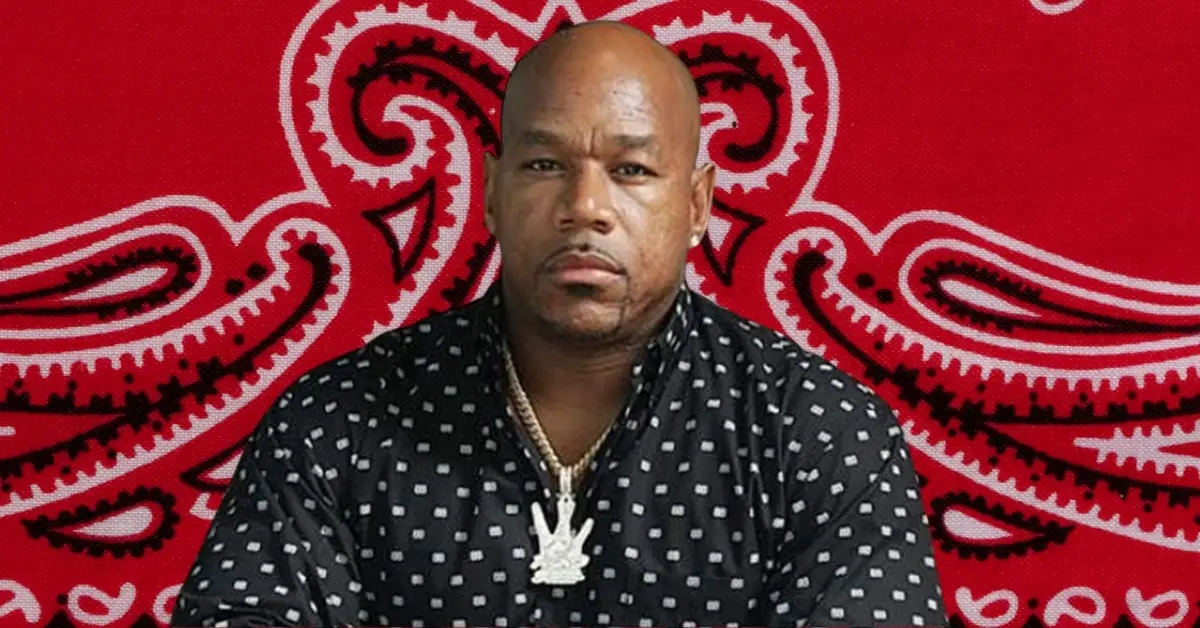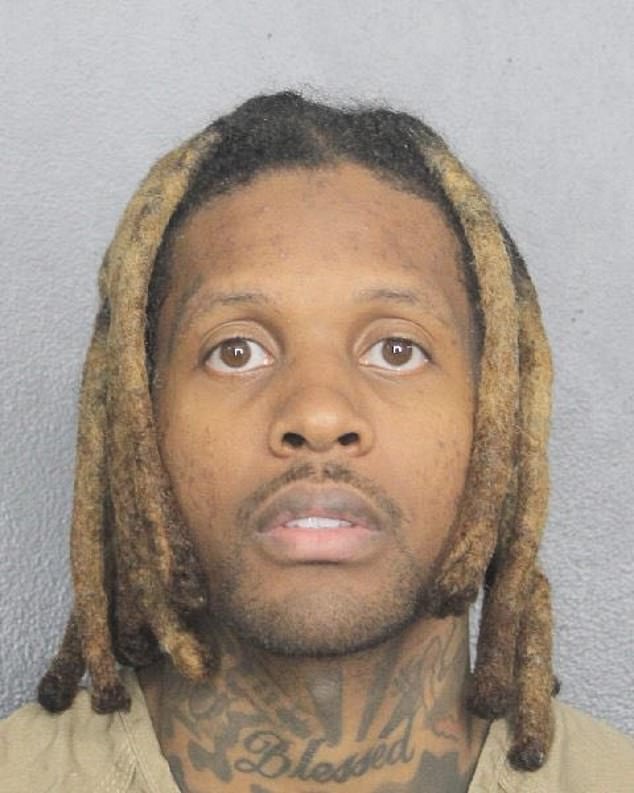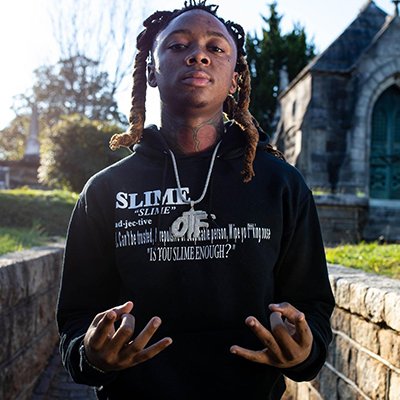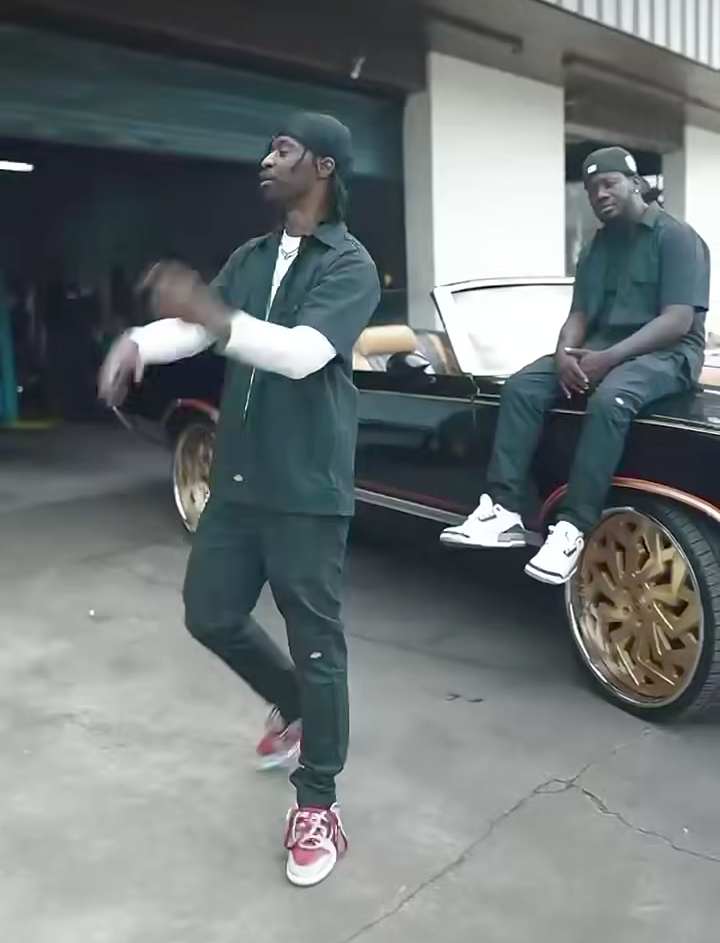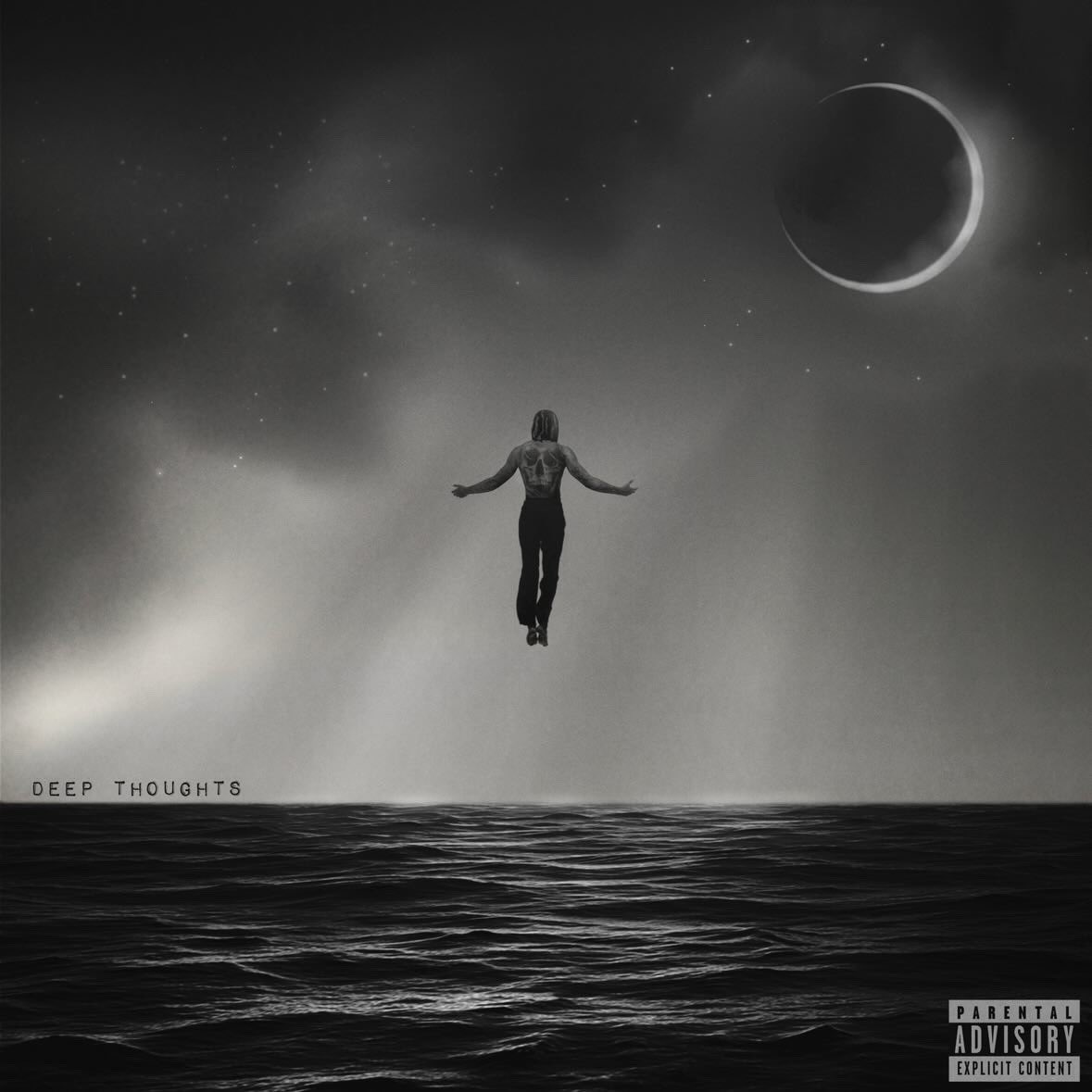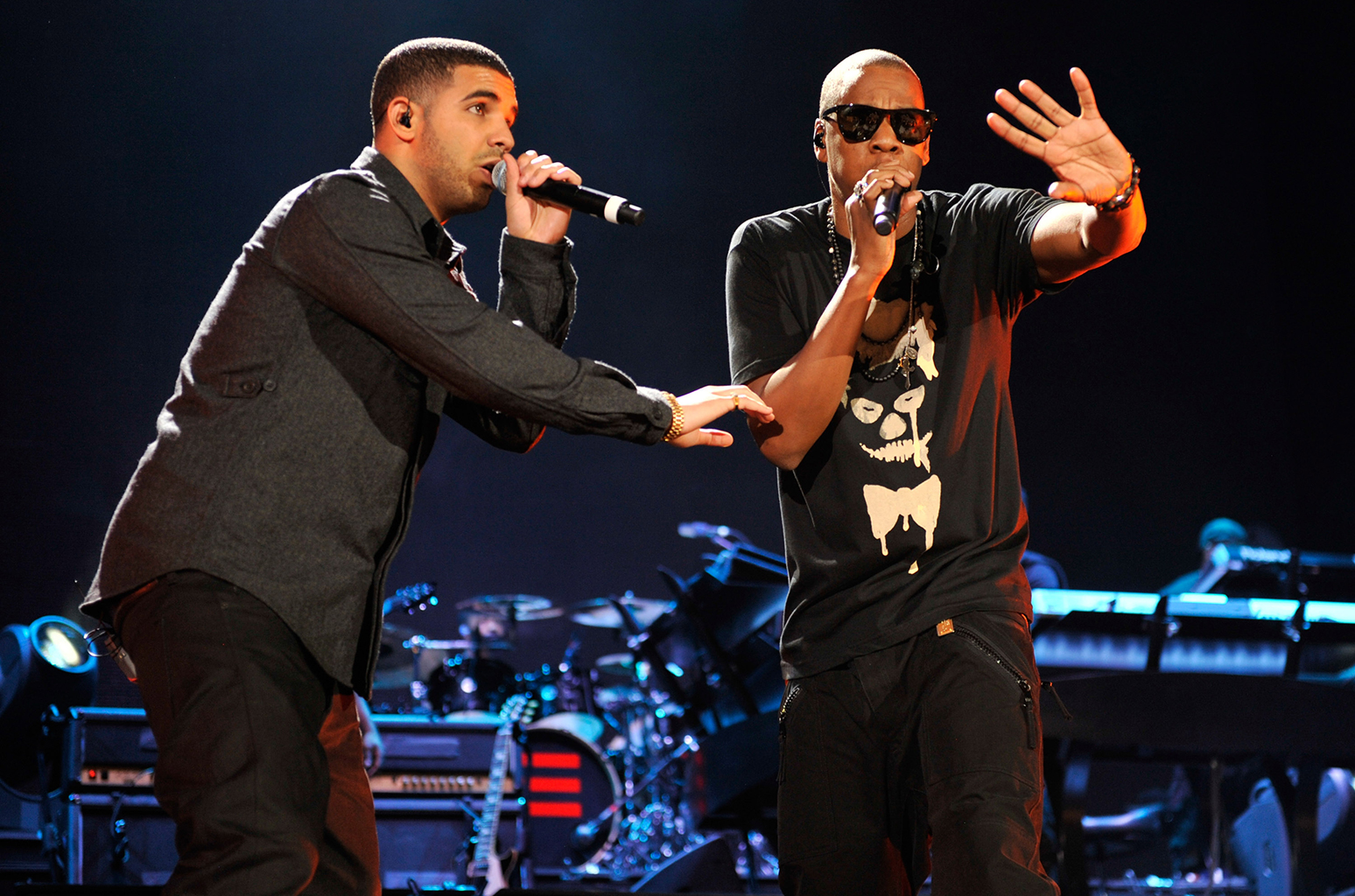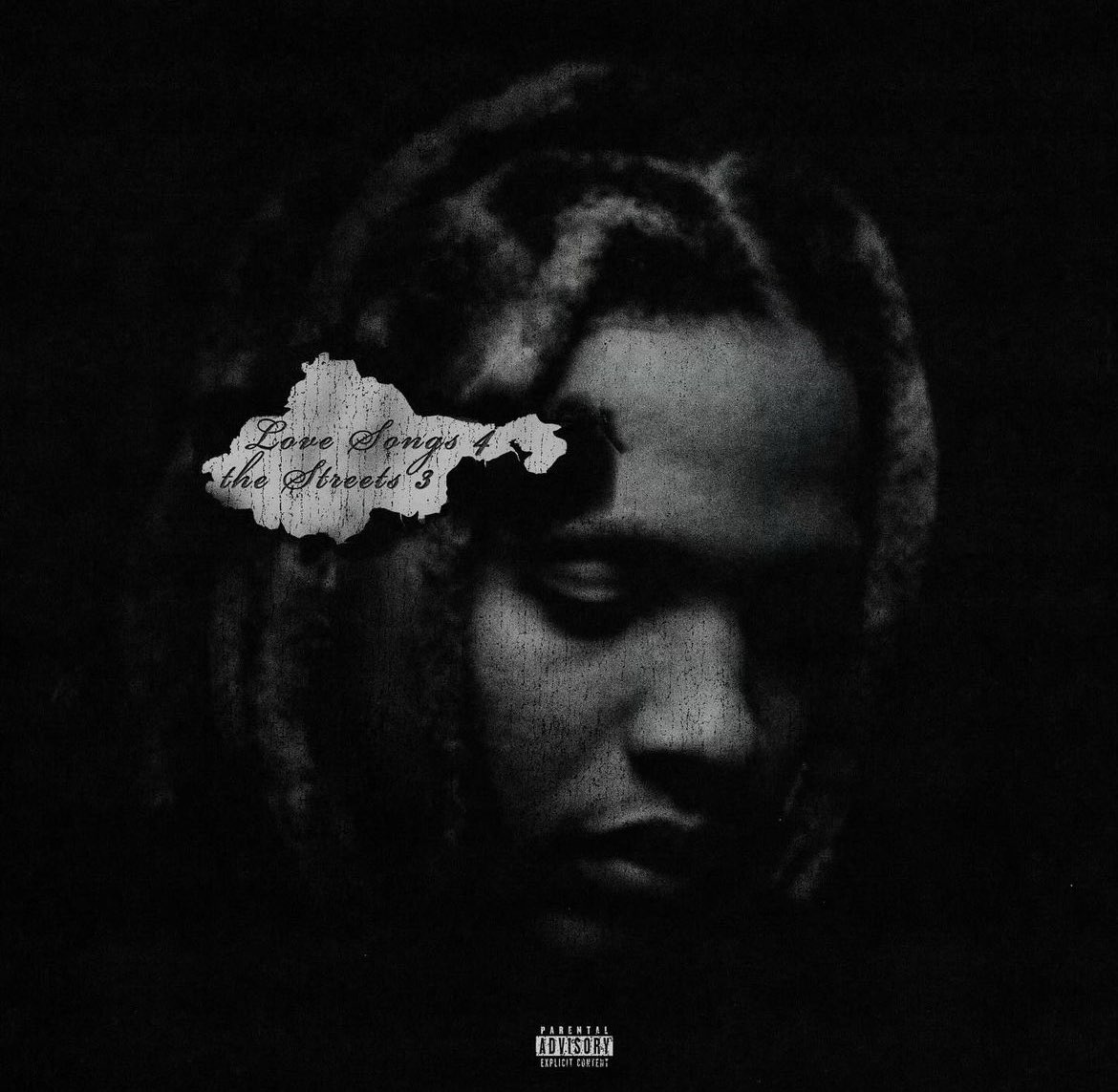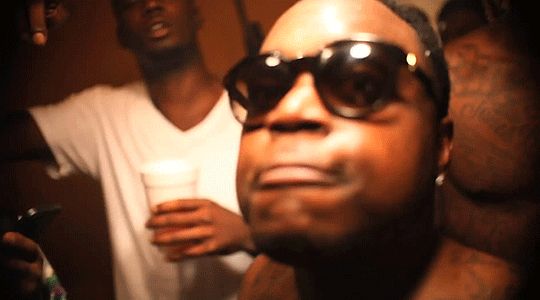
On December 27, 1999, a night of celebration at Club New York in Manhattan turned into a legal and media storm that captured global attention. Sean “Puff Daddy” Combs (now known as Diddy), his then-girlfriend Jennifer Lopez, and rising rap star Jamal “Shyne” Barrow were at the center of the drama following a shooting that left three people injured and resulted in high-profile criminal charges.
The Events of the Night
Combs, one of the most influential figures in hip-hop at the time, was attending the nightclub with Lopez and members of his entourage, including Shyne, a 20-year-old rapper signed to Combs’ label, Bad Boy Records. Tensions flared inside the club when a patron allegedly insulted or disrespected Combs, leading to an altercation.
The argument escalated into violence when gunfire erupted, injuring three clubgoers. Chaos ensued as patrons scrambled for safety, and Combs, Lopez, and Shyne fled the scene in Combs’ vehicle. Soon after, their SUV was stopped by police, and officers discovered a gun inside. Combs and Shyne were arrested and charged with criminal offenses.
The Charges and Legal Proceedings
The case quickly became a media sensation, with Combs’ celebrity status and his relationship with Lopez drawing widespread attention. Combs faced charges of bribery and gun possession, accused of trying to convince his driver to claim ownership of the weapon found in the car. Shyne faced more serious charges, including attempted murder, assault, and reckless endangerment, as he was alleged to have fired the weapon inside the club.
The trial began in early 2001 and painted a vivid picture of the night’s events. Prosecutors argued that Shyne had recklessly discharged his weapon during the altercation, endangering innocent lives. Witnesses testified to seeing Shyne fire shots, while others claimed Combs played a role in escalating the conflict. The defense countered that Shyne acted in self-defense, fearing for his safety amid the chaotic confrontation.
The Verdicts and Sentencing
After a highly publicized trial, the jury delivered its verdict in June 2001. Shyne was convicted of first-degree assault, reckless endangerment, and gun possession but acquitted of attempted murder. He was sentenced to 10 years in prison, a decision that many in the hip-hop community viewed as excessive.
Combs, on the other hand, was acquitted of all charges, including the gun possession and bribery allegations. His high-profile legal team, which included renowned attorney Johnnie Cochran, successfully argued that Combs had no direct involvement in the shooting. Despite his acquittal, the case tarnished Combs’ reputation and strained his relationship with Shyne.
Fallout and Legacy
The shooting and subsequent trial had far-reaching consequences for all involved. Shyne’s promising career was derailed by his incarceration, though he continued to release music from prison and gained a cult following. After serving nearly nine years of his sentence, he was released in 2009 and deported to his native Belize due to his immigration status. Since then, Shyne has reinvented himself as a politician and cultural ambassador, working to uplift his home country.
For Combs, the trial marked one of the most turbulent periods of his career. While he was acquitted, the intense media scrutiny and negative publicity forced him to reevaluate his image and business strategies. Over the years, he has successfully rebuilt his brand, solidifying his position as a music mogul and entrepreneur.
The case also raised broader questions about the intersection of hip-hop culture, violence, and the criminal justice system. Critics argued that Shyne’s harsh sentence reflected systemic biases against young Black men in the judicial system. Others pointed to the incident as a cautionary tale about the dangers of fame, power, and the volatile environment of the late-1990s hip-hop scene.
Conclusion
The 1999 Club New York shooting remains a pivotal moment in hip-hop history, underscoring the complex dynamics of celebrity, loyalty, and accountability. For Shyne, it was a transformative experience that reshaped his life and career. For Sean “Diddy” Combs, it was a moment of reckoning that forced him to navigate the consequences of his public and private decisions. Over two decades later, the incident continues to be remembered as a defining chapter in the story of hip-hop’s rise to global prominence.

